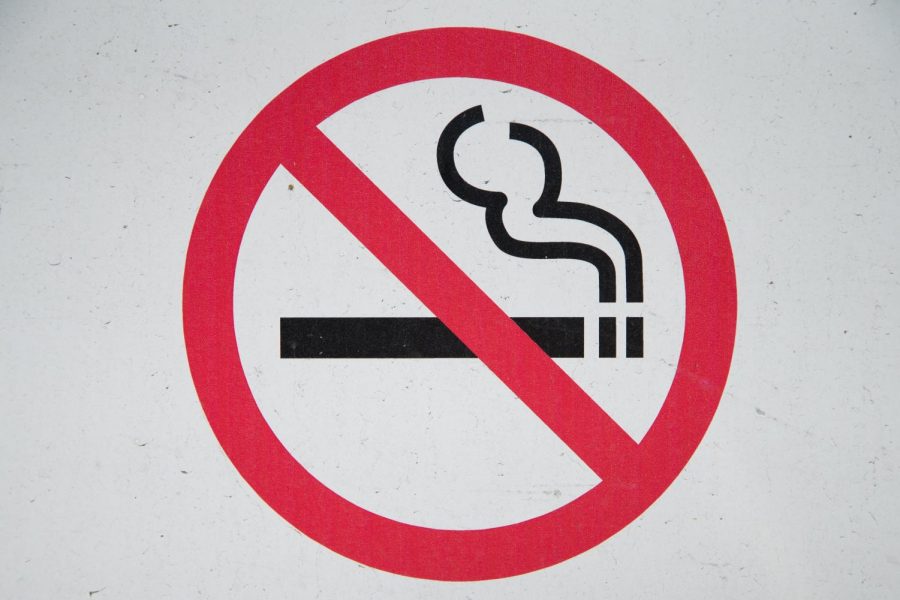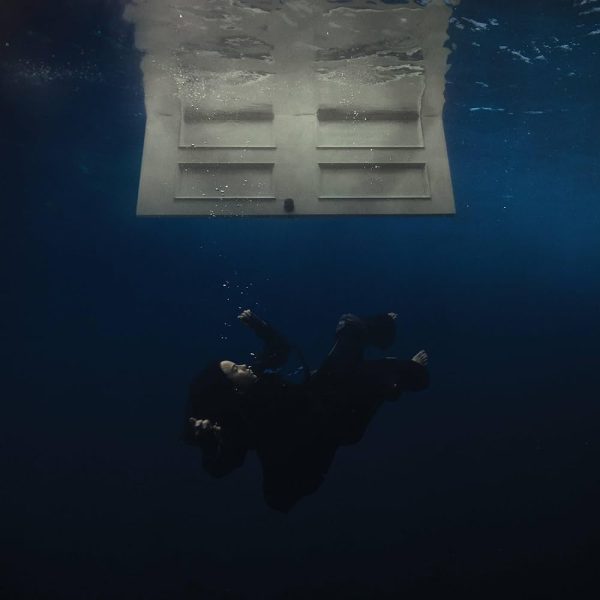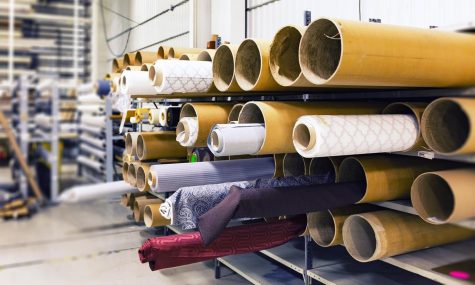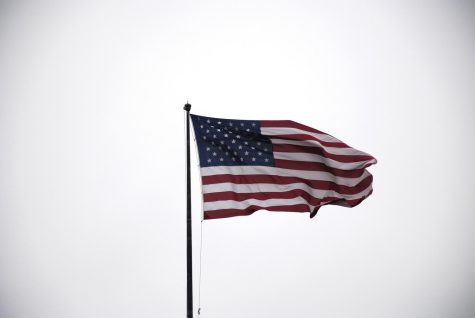Are Age Restrictions Actually Effective?
Recently Congress has passed a new law raising the legal age to buy tobacco products to 21 instead of 18. The intention is to reduce youth tobacco use. If teenagers are really addicted like they say they are, is a law going to stop them from what they want?
Teenagers were still getting what they wanted even when they didn’t meet the 18 years age requirement. For teenagers under the age of 18 who wanted to get their hands on tobacco products, it wasn’t very difficult to get around the age requirement. Either a sibling or an older friend was all it took to get what they wanted. Raising the age will just make them find a way around it. As long as the product is available, the problem will continue.
Although it is hard to quantify, it’s also known that some smoke shops sell to underage customers. The shops that do so will continue. What about the smoke shops that have built up a clientele of 18-20 year olds? Are those shops going to sacrifice all of the money they have been getting from that age group?
The success of this new law will depend on how sellers want to react. States that don’t comply with the new law are at risk for losing a percent of their grant funding. A lot of teens just turn to their older friends for anything they can’t get themselves. People will go to the extent of getting fake IDs or they’ll just find someone 21 years old to get it for them.
If these kids are willing to disobey these petty laws then whats the chance of them risking a much larger crime down the road? It has been made clear through social media, commercials, and people the same age who’ve experienced symptoms, that vaping is very dangerous. If kids don’t want to listen to the law and others around them, then that’s on them.
With this, it’s pretty clear that many young people believe that a ban on tobacco products under the age of 21 will not stop people from purchasing them. Many people under the age of 18 in high school still use tobacco products even though doing so is illegal. Plus, this could possibly have similar effects to the legal drinking age, which is also 21.
The main problem with our relatively high drinking age is that it’s not stopping people from breaking the law; instead, young people are finding different ways to drink that may be more harmful than just straight up drinking itself. Because alcohol isn’t available to people under the age of 21, young adults that want to drink will drink whatever they have whenever they can. This often leads to unhealthy habits such as binge drinking, which has higher rates among American teens in comparison to teens where the drinking age is around 16 to 18, such as Germany
Plus, the high drinking age has set an unclear boundary for adulthood. At age 18, you’ve reached the age of consent, start to live independently by living on your own and supporting yourself, and can join the military. Many young adults find it confusing how the American government doesn’t trust 18 year olds enough to handle their alcohol and drink responsibly, yet somehow trusts them just enough to send them off to fight for our country. At age 18, it’s easier to be deployed in a foreign country to fight a war than it is to be served alcohol at a bar, which is pretty ironic.
Not only would a ban on tobacco products blur the line of where adulthood starts, but there would be many repercussions for young adults. There would be another cultural shift where things like tobacco products and such would be seen as more taboo than they are right now. It’s not that things like underage drinking and smoking should be praised, but if they were something less taboo, there would be more room for healthy conversations for people to have amongst each other. Instead of being something we choose to ignore in our society, we could instead educate ourselves without any stigma behind the topic.
Furthermore, arresting and incarcerating young people for something as trivial as smoking or drinking costs us money and is generally counterproductive. Maybe instead of just punishing young people for their bad choices, the money could instead be redirected towards programs that help direct people away from the substance while teaching them why it’s so important to stay off of it. For example in a few countries, such as Portugal, many drugs have become decriminalized, and people caught with them don’t go straight to prison. Instead of punishing people for their addictions (which smoking and drinking in copious amounts are) they are instead helped and encouraged to improve themselves. Although it’s a radical idea that is far from happening in the United States, it still shows the effects of these kinds of policies and programs.
So, the ban on tobacco products under the age of 21 would probably trail along the lines of America’s drinking age. This generation and the ones to come would develop more unhealthy habits, conversation and education on the topic would likely be more closed off, and people wouldn’t truly recover from their addictions. If the government wants to stop the high levels of vaping among high school students, it’s probably best to find the cause of these issues and how to fix it, rather than going for a total ban that will only yield lackluster results.
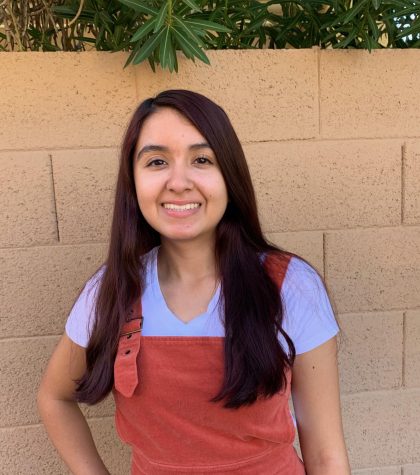
She is a sophomore in her second year of newspaper. She loves dogs and writing. She enjoys newspaper because of the opportunity it gives her to express her opinions and write about the things...
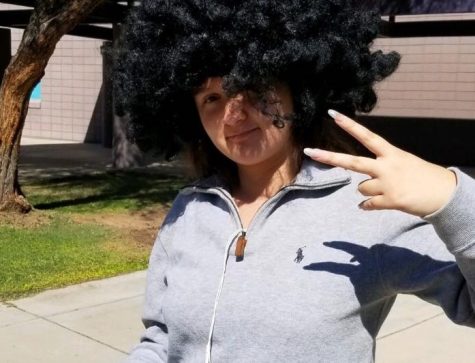
She is a junior in her third year of newspaper. She loves everything to do with Minions and enjoys writing entertainment publications.


